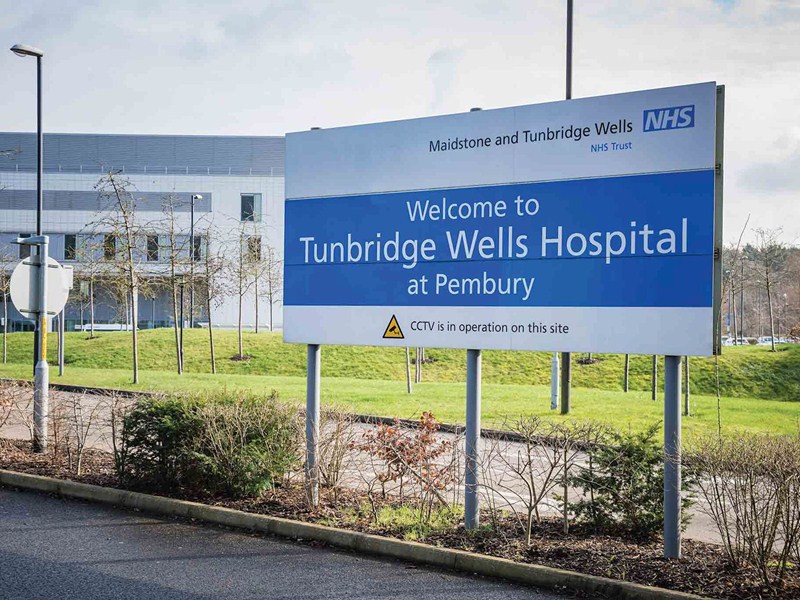Maidstone and Tunbridge Wells (MTW) has become one of the first two NHS Trusts to be awarded a Patient Cost Benchmarking award.
It could turn out to be a major step in helping to restore the Trust’s fortunes after it was told to turn its parlous financial predicament around – and fast.
MTW, which runs Tunbridge Wells hospital at Pembury, was placed in special financial measures in July after it ran up a deficit of £23million.
Ironically, the embattled organisation can now say it is leading the field – along with Portsmouth NHS Trust – in essential cost-cutting measures. “They are a long way down the line,” says a spokesman for QuintilesIMS, which runs the group. “They have been doing patient level costing since 2009.”
The PCB Group was set up that year as a way of making trusts more effective by breaking down the costs of individual patient ‘episodes’ – or single treatments.
Almost 100 NHS Trusts now openly share their patient level costing data. But Patrick McGinley, head of contracting and costing at Maidstone and Tunbridge Wells, had been working with the group since its inception.
PCB came into being after a request from Kings College Hospital in London to provide a benchmark for patient level costing information between themselves and Guys & St Thomas’s, with whom a proposed merger was being considered.
Following the research undertaken by Mr McGinley, MTW’s Trust Board has identified 10 areas of specialism that it wanted to ‘dive into’ for rescue purposes, for example in ophthalmology.
“The NHS is very good at buying tools but it’s a different business trying to get it to use them,” says the spokesman.
“The awards were put in place to incentivise, and straightaway we have had a number of trusts saying they want to build a partnership with us.”
The background to the growth of benchmarking was a review carried out by Lord Carter in order to stop variations in quality of care and finances across the Health Service.








